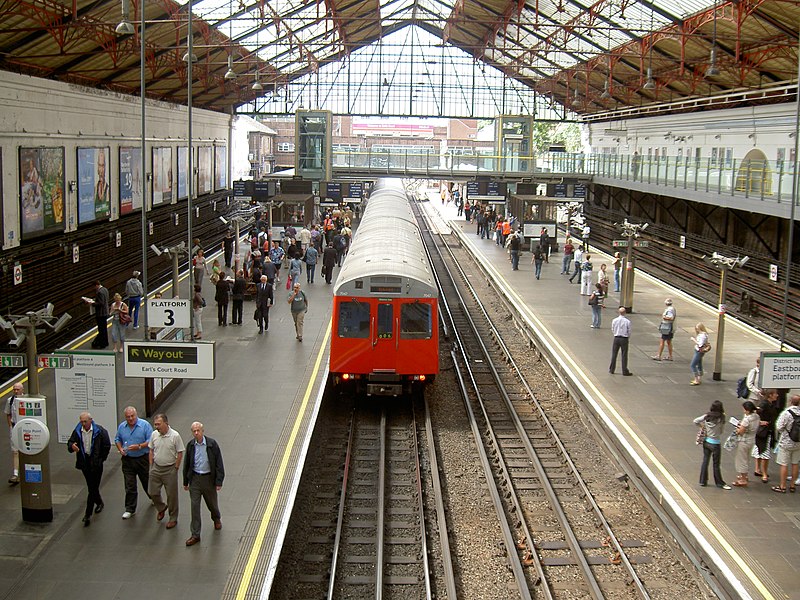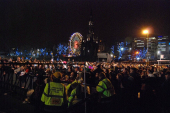
Violence against women and girls on British railways has surged by more than 50% in the past two years, according to official figures. Data shows that the number of
crimes against women and girls rose from 7,561 in 2021 to 11,357 in 2023. Additionally, sexual offences increased by 10%, from 2,235 to 2,475, during the same period, according to a survey commissioned by British Transport Police (BTP). The survey, first reported by The Times, also revealed that reports of sexual harassment doubled to 1,908.
Anna Birley, co-founder of Reclaim These Streets—a movement that organized the London vigil for Sarah Everard, who was tragically killed by police officer Wayne Couzens in 2021—highlighted the growing concern. “This is a stark reminder that the issue of violence against women and girls is not only persistent but worsening,” Birley said. She emphasized that the increase is not merely due to better reporting but reflects a real rise in violence. Birley added that this troubling trend is evident across various police jurisdictions, not just in British transport.
A BTP survey released last year revealed that more than a third of all women commuting by rail are likely to experience assault, particularly during rush hour. The survey also showed that 51% of female victims reported that other passengers intervened to help during these incidents.
These alarming figures come as The Guardian unveiled the identities of 50 women allegedly killed by men in 2024 as part of an ongoing project documenting violence against women.
The new Labour government has pledged to halve violence against women and girls within the next decade. However, this promise comes as police forces grapple with a funding crisis, and courts in England and Wales face a severe backlog of cases and a collapse in rape prosecutions. Before coming to power, Labour promised to establish 80 new rape courts across the country to expedite cases as part of broader efforts to combat violence against women and girls. Official police figures released last month revealed a 37% increase in recorded offences—including stalking, harassment, sexual assault, and domestic violence—over the past five years, leading police chiefs to declare it a “national emergency.”
In a recent debate, Home Secretary Yvette Cooper stated, “For far too long, violence against women and girls has been treated as an inevitability rather than the national emergency that it is. Our mission is to halve violence against women and girls within a decade, starting with a significant improvement in policing and criminal justice responses.”
Birley expressed confidence in Jess Phillips, the newly appointed minister for safeguarding and violence against women and girls. Phillips, a long-standing critic of the previous Conservative government’s inaction on this issue, has been vocal about the need for change, including reading a list in Parliament of women killed by men or where a man is the principal suspect in the UK over the past nine years.
“I’m confident that the solutions are not new; they don’t need reinventing,” Birley stated, noting that despite the growing body of reports on violence against women and girls, too often, these findings are not acted upon. “What I’m hoping for is real action, real investment, and seeing the government implement the measures we all know are necessary,” she added. Photo by Onofre_Bouvila, Wikimedia commons.




































